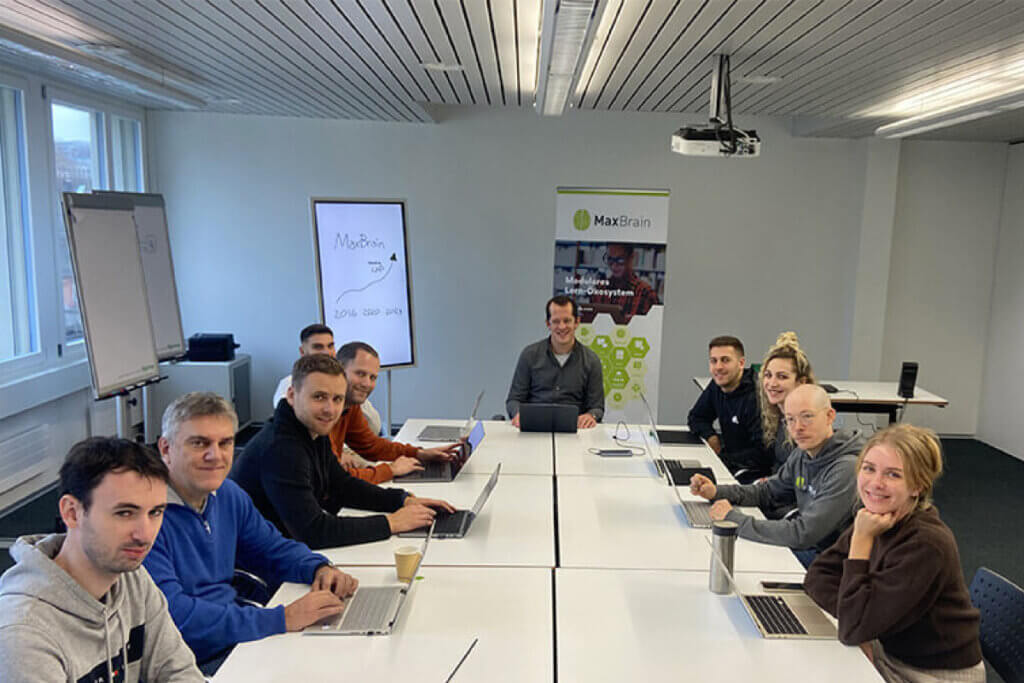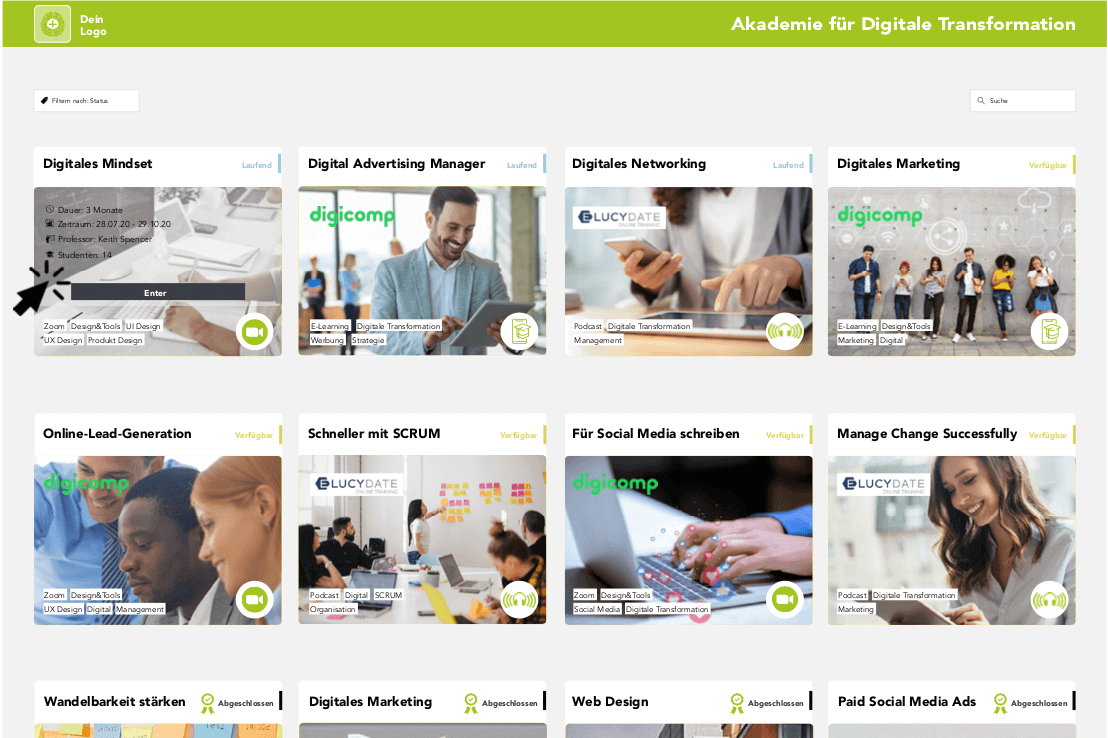Staying business relevant - Does your workforce have the digital skills you need to succeed?
The digital age is upon us, changing every aspect of life as we know it. What jobs come to mind first when you think about the technological disruption of traditional roles? Digitalization and automation is not only affecting factory workers in the manufacturing industry, but also those in the service sector, such as accountants and auditors. In fact, accountants and auditors are the second most threatened by automation. Their roles are in danger of becoming obsolete - right after telephony agents in call centers. Upskilling and reskilling are not new terms when it comes to digitalization and the modern workforce. It has long been known that technology will fundamentally change work as we know it today. This has forced companies to rethink their business models, strategies and job skills to remain competitive in the ever-changing technological landscape.
COVID-19 accelerates digital transformation in companies
The OECD assumes that a third of all jobs worldwide, more than 1 billion, will be changed by technology in the next ten years. This means that more than 1 billion people will need to be retrained and reskilled by 2030. This in itself is a huge challenge, exacerbated by the COVID-19 pandemic. The coronavirus has made it clear that companies urgently need to fall back on technologies that are already available in order to maintain normal business operations. For example, cobots (collaborative robots) have been used to help keep factories running during the lockdown and also allow employees to return to the factory floor, keeping their distance while monitoring production. There has been a boom in the use of digital tools such as Google Drive, Sharepoint, Microsoft Teams, Zoom, Trello, etc., enabling millions of workers to work from home. According to a survey by PwC, half of all CFOs surveyed said that they expect automation to accelerate. The cost of ignoring automation and digital technologies today is higher than taking these trends seriously. All the more so as there is still no end in sight and it is largely unclear how the situation will develop.
New skills required - but which ones?
In 2016, the WEF published its top 10 skills required for success in the labor market in 2020, showing a strong shift towards soft skills and the growing importance of creativity and empathy. A combination of hard skills and soft skills is required for a well-trained employee and forms the basis for the success of a modern company. Employees are also more inclined to retrain and upskill to ensure job stability, especially those who have been unable to work for extended periods during lockdown. Jobs will certainly be designed in such a way that they can also be done from the home office and employees need to be digitally empowered.
Home office and digital learning become key success factors
While flexible working hours and home office already applied to some companies and start-ups, COVID-19 forced everyone to switch to full-time home office where possible. This has a lasting impact on the infrastructure strategy, which is already budgeting for fewer jobs. Siemens and Novartis are among the first companies to announce that they will allow their employees to work remotely on a permanent basis. For this to happen, certain digital skills need to be in place to reduce IT support issues, and job descriptions have changed to allow for this flexibility. While schools and universities in Europe are reopening with social distancing measures in place, with promisingly low, stable new infection numbers in the meantime, other countries remain uncertain as to when previous teaching can resume. Educational technology has made it possible to continue teaching and training during the pandemic and the results have shown that digital education has a bright future. Nevertheless, there is still a long way to go. Teachers and professors need to educate themselves in digital didactics and be shown the best digital tools to redesign their curricula.
Digital Reskilling and Upskilling Academy by MaxBrain
Retraining your employees may seem like an intimidating task. But there are already mature offerings of digital training concepts and platforms. At MaxBrain, we've put together the best courses your employees need to grow and support your business. The Digital Upskilling Academy, powered by MaxBrain, offers a simple and user-friendly platform and has been developed with courses from strong training partners such as ELUCYDATE and Digicomp. The Academy combines e-learning with selected face-to-face courses (which can also be delivered virtually). The training program offers everything your employees need to be equipped for future tasks. Our consultants will be happy to help you find the right course offerings for your employees to transform their skills with a platform that can be customized to your business and ready to go within a week. As Jeff Bezos says, "it is dangerous not to evolve", and this applies to society, business models and people.




















